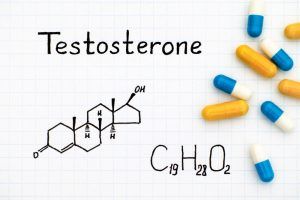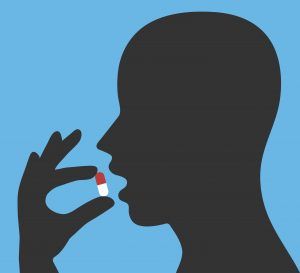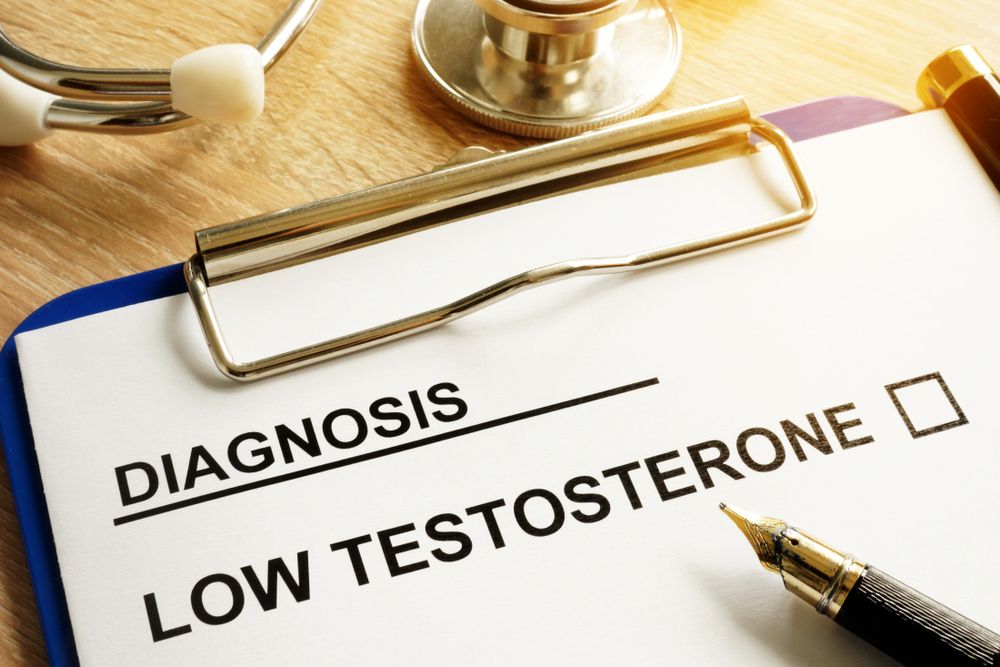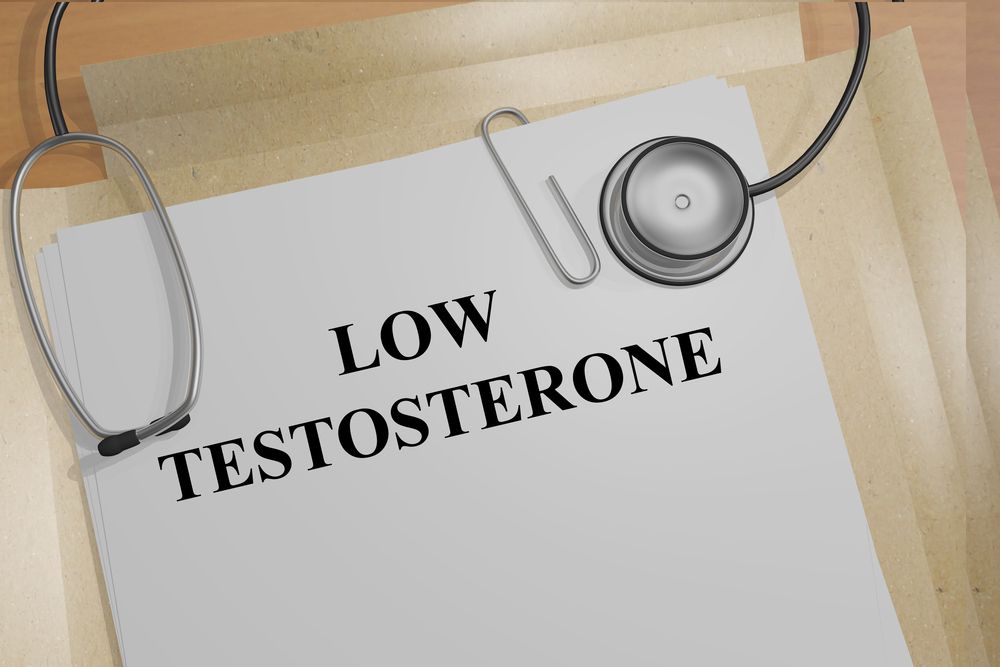Free testosterone is the amount of unattached testosterone in your bloodstream. (Learn More) Measures of free testosterone are often used to determine if you suffer from low testosterone levels. (Learn More)
Testosterone replacement therapy medications are controlled substances. (Learn More) There are several different methods by which testosterone replacement therapy can be given. (Learn More)
Oral testosterone supplements are available, but they are not recommended. (Learn More) You can easily find many over-the-counter products that claim to enhance testosterone levels in your body, but they are ineffective. (Learn More)
If you’re interested in testosterone replacement therapy, talk to your doctor about whether it is right for you. (Learn More)
Free Testosterone
Free testosterone refers to the amount of unattached testosterone in your blood. Much of the testosterone in your blood is attached to two proteins: the sex hormone binding globulin and albumin. The testosterone that is not attached to protein is called free testosterone.
This free testosterone and the testosterone that is bound to albumin are known as the bioavailable testosterone that can be used by your body.
If you are suspected of suffering from low testosterone, your physician can test your total testosterone levels and assess all three different types of testosterone. The level of free testosterone in your system can help to determine whether or not your total testosterone level is low.
Symptoms of Low Testosterone
Many men who suffer from decreased energy levels, low sex drive, erectile dysfunction, and problems with depression attribute their issues to low testosterone levels. This is especially true of older males because testosterone levels naturally decline with age.
A low testosterone level by itself does not require treatment. Testosterone replacement therapy (TRT) does have some potentially serious side effects. Discuss the situation with your physician before attempting to get treatment.

Controlled Substances
Medications and supplements that contain actual testosterone are controlled substances in the Schedule III category as defined by the Drug Enforcement Administration (DEA).
Testosterone can be abused, particularly by athletes and bodybuilders. There are significant ramifications of abuse, including the potential to develop physical dependence on these substances.
Availability of Testosterone Supplements
Because they are controlled substances, medications that contain testosterone for TRT require a prescription from a physician. There are numerous products on the market that claim to enhance free testosterone production that do not require a prescription, but these do not directly treat low testosterone levels (see below).
TRT treatments include the following:
- Your physician can inject testosterone directly in your muscles (perhaps the most efficient treatment) or implant pellets in the soft tissues of your body that slowly release testosterone into your system. This can treat low testosterone levels.
- There is a transdermal patch that can release testosterone into your body to treat low testosterone (brand name: Androderm). The patches are applied to the skin once a day.
- There are gels, such as AndroGel or Testim, that can be applied to your body, so testosterone is absorbed through your skin. There are supplements like AndroGel and Fortesta that come in a pump and deliver testosterone. There is also a testosterone gel that is applied inside the nose.
- Striant is a tablet that sticks to your upper gum on either side of your mouth and releases testosterone into your blood through this manner. It is applied twice a day.
Oral Testosterone Supplements
Oral testosterone supplements do exist, but research evidence suggests that using testosterone orally can damage your liver.
The above-mentioned medications deliver the testosterone directly in your bloodstream, so they bypass your liver. The use of oral testosterone supplements is not recommended.

Over-The-Counter Products to Enhance Testosterone Levels
There are many over-the-counter products — sold in health food stores, online, and through other venues — that claim to increase free testosterone levels. Unfortunately, there is little evidence to suggest any of these products work.
- D-aspartic acid may increase testosterone levels in some animals, but research indicates that its ability to do this in humans is questionable at best. More research is needed.
- Dehydroepiandrosterone (DHEA) is a naturally occurring hormone that is often marketed as a testosterone replacement supplement. However, research indicates that there is little evidence it can do this.
- Herbal supplements are often touted as capable of increasing testosterone levels. Some of these may have DHEA added to them. Again, there is little evidence for their effectiveness, and the manufacture of these products is not regulated by the Food and Drug Administration (FDA).
Do You Need TRT?
There are potential risks to TRT that can include cardiovascular issues, prostate issues, and the development of sleep apnea. It is important that you discuss your concerns with your physician.
Your physician will be able to ascertain if your symptoms are due to low free testosterone levels and what method of TRT is most suitable for you. The current recommendation is that TRT should not be used to reverse the effects of normal aging.
Over-the-counter testosterone enhancement supplements are not effective. If purchase these, research indicates that you are wasting your money.
References
Testing Your Testosterone: It’s Tricky. (October 2012). Harvard Health Publishing.
Drug Scheduling. Drug Enforcement Administration.
Is Testosterone Replacement Therapy Right for You? (May 2017). WebMD.
The Putative Effects of D-Aspartic Acid on Blood Testosterone Levels: A Systematic Review. (January 2017). International Journal of Reproductive Biomedicine.
Dietary Adjuncts for Improving Testosterone Levels in Hypogonadal Males. (August 2015). American Journal of Men’s Health.



